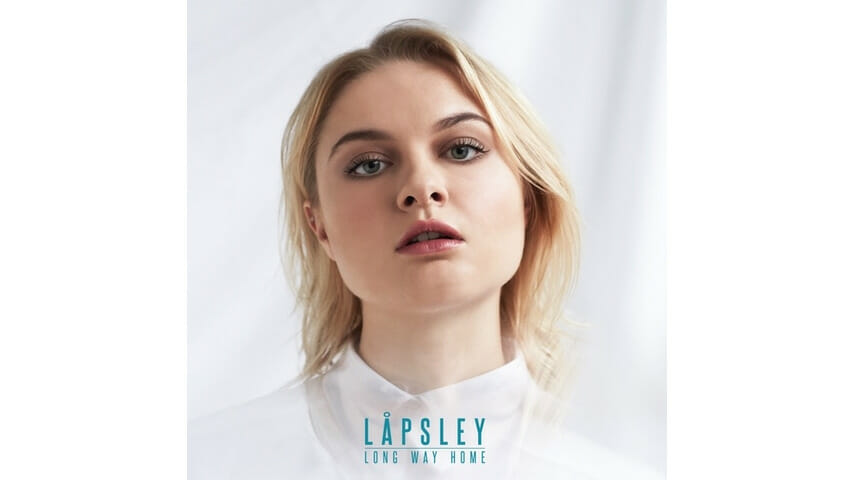
Stop a music fan on the street, and ask them to name just one female producer: chances are, they’ll struggle. From major label gurus DJ Snake and Skrillex, to independents of choice Jamie xx and Jakwob, the music industry is often painfully ignorant of female production talent. This might wrongly lead you to assume female producers simply don’t exist, but that’s not the case – they just often lack recognition.
Enter Southport raised artist Holly Lapsley Fletcher, aka Låpsley, who has become a lynchpin for the burgeoning post-dubstep scene. Not just through her work but in interview, Låpsley has already vocally addressed stereotypes encouraged by her critics, who are prone to downplay her technical ability because of her gender.
Låpsley’s willingness to tackle inequality in the production world is more than commendable, but with no solid catalogue of music to her name, for much of her career she’s been known as an artist championed by Annie Mac, and spearheaded by the BBC for their “Sound of 2015” long list. The achievement thrust her relatively underdeveloped career into the spotlight and racked up a huge amount of pressure to release a debut album, following her debut single “Station”. This, the appropriately titled Long Way Home, is the result of that accumulation of talent followed by a period of frustration and hype.
A less headstrong artist could have easily crumbled under the pressure, but Låpsley appears calm and collected. Opening track “Heartless” casually takes the listener by the hand and softly introduces an inventive world of sound that – yes – belongs to electro dance, but also draws inspiration from some unlikely sources.
Låpsley’s feather-like vocal is at the fore of the album, boasting a velveteen quality similar to Adele. On tracks such as “Hurt Me” and “Love is Blind” this pent up energy explodes into epic ballad territory, moving Låpsley into a space last occupied by fellow BBC Sound of alumni and dance pop purveyor, Rae Morris.
Elsewhere and despite being signed to celebrated independent label XL Recordings, Låpsley has produced a charming dancefloor beacon in the form of “Operator (He Doesn’t Call Me)”, drawing enviable comparison to Gnarls Barkley, while “Painter” uses a glockenspiel to recall ‘90s r’n’b. Låpsley is nothing if not diverse, but she manages to retain a bespoke, trademark sound throughout Long Way Home.
Fans of Låpsley’s outspoken attitude towards the media might be disappointed to know that, despite her penchant for genre dabbling and twisting, the album peddles the rather weather worn theme of a broken down romance – specifically with her ex-partner while recording sessions between London and Los Angeles. There’s nothing here to showcase Låpsley’s frustration as a female artist, but there’s strength in that. In refusing to let the music industry’s ignorance affect her work, Låpsley proves her point: women can do this damn well on their own, when they’re given the chance. Long Way Home is a resounding success and hopefully the start of a very promising career.